Skin science: Top five stories on cosmetics science and formulation
![Our top stories on formulation and science. [HEURE]](https://www.cosmeticsdesign-europe.com/var/wrbm_gb_food_pharma/storage/images/_aliases/wrbm_large/publications/cosmetics/cosmeticsdesign-asia.com/headlines/formulation-science/skin-science-top-five-stories-on-cosmetics-science-and-formulation8/16590570-1-eng-GB/Skin-science-Top-five-stories-on-cosmetics-science-and-formulation.jpg)
Antioxidant and whitening properties found in durian extracts
The cosmetic potential of durian extracts has been highlighted by Thai researchers, who say its benefits span moisturising, whitening and antioxidant effects.
Polysaccharide extractions from the durian peel, pulp, seeds, white and green fruits-hull were prepared with various methods – dried then powdered, freeze-dried, filtered, or boiled – and later assessed.
The research found that this revealed significant amounts of antioxidant activity (p < 0.05).
Heure engineers delivery system that interacts with microbiome to inhibit melanin production
Singapore-based skin care brand Heure has engineered its proprietary encapsulation tech to interact with the skin microbiome to deliver actives that can inhibit melanin-producing tyrosinase.
The capsules are able to detect and disperse melanocytes found across the epidermis while preventing the formation of further melanin pigments in the basal layer.
“All our skin microbiomes differ with different bacteria on our skin. But they all produce one similar enzyme, so we have engineered our Flawless SPHRs to interact with that enzyme and activate upon that interaction,” explained Han Lim, managing director of Heure.
Chlitina develops new brand featuring microbiome-friendly peptide extracted from saliva
Taiwanese beauty company Chlitina has launched a new beauty and personal care brand featuring an exclusive antibacterial peptide extracted from human saliva.
The peptide, P113+, was discovered by Dr Frank G. Oppenheim, Emeritus Professor of Translational Dental Medicine at Boston University.
The company secured the exclusive rights to use histatin-rich protein which it claims can intelligently identify bad bacteria and destroy to maintain the overall balance of the microbiome.
Anti-ageing and antioxidant benefits found in fermented Miang tea
Researchers in Thailand have been working to find a new ingredient for skin care and cosmeceutical products from probiotic fermented Miang tea.
Miang tea, also known as Camellia sinensis var. assamica, is traditionally taken as food in Northern Thailand.
Researchers from Chiang Mai University used the strains Lacticaseibacillus rhamnosus, Lactiplantibacillus plantarum and Saccharomyces cerevisiae as mixed probiotic starter cultures.
Korean red ginseng by-product found to contain anti-ageing properties and protect against UV damage
Korean red ginseng marc (KRGM) gintonin is a potential candidate to replace synthetic ingredients in anti-ageing and sun protection products due to its ability to reduce cell ageing and improve wound healing/
Gintonin is a recently discovered glycolipoprotein complex containing bioactive molecules called lysophosphatidic acids (LPAs).
A group of South Korean researchers have developed a new method for the production of KRGM-derived gintonin, which has been found to protect the skin against UV damage, possess anti-ageing effects, and help in wound healing.

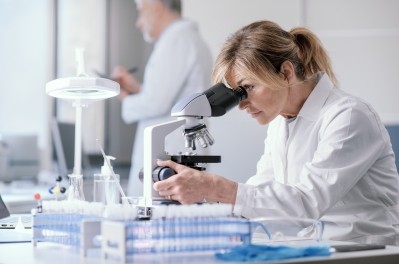
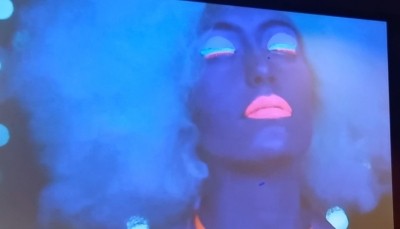


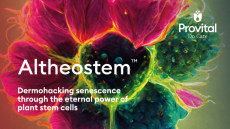
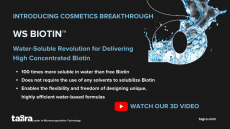
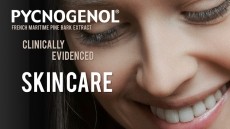


![Chinese study highlights mental health challenges in atopic dermatitis, emphasising holistic patient care. [Getty Images]](https://www.cosmeticsdesign-europe.com/var/wrbm_gb_food_pharma/storage/images/_aliases/wrbm_tiny/publications/cosmetics/cosmeticsdesign-asia.com/headlines/formulation-science/chinese-research-linking-atopic-dermatitis-to-mental-health-underscores-need-for-holistic-care/17040623-1-eng-GB/Chinese-research-linking-atopic-dermatitis-to-mental-health-underscores-need-for-holistic-care.jpg)








